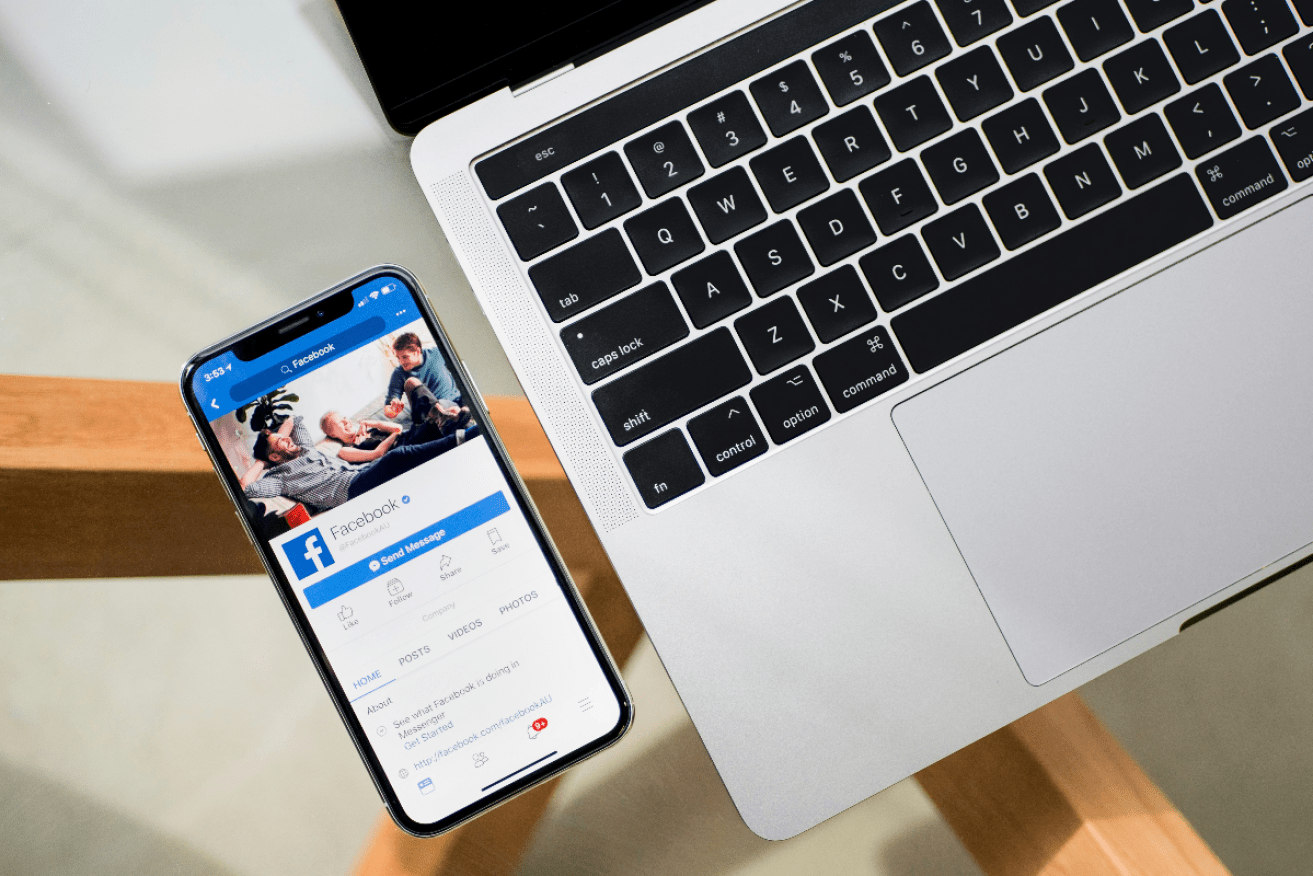Australia looks at forcing Facebook to do news deals
All options are on the table as the federal government tries to get Facebook to negotiate deals with Australian news outlets.

The federal government will pursue “all the steps available” to force Facebook to negotiate deals with news media outlets and has considered whether the tech giant would pull out of Australia to avoid legal action.
Assistant Treasurer Stephen Jones said he was disappointed by the announcement from Facebook’s parent company Meta on Friday it would not renew commercial deals with local news publishers.
Meta also said it planned to remove a news section from its platform in Australia and the United States in April when the deals expired.
But Jones said he would follow measures within an agreed code “to a tee” and would like to get Meta back at the negotiating table with media outlets.
“The government will be taking all of the steps available to it under the News Media Bargaining Code,” he said.
“We’re not talking about some plucky little start-up here – we’re talking about one of the world’s largest and most profitable companies.”
Under the code, digital platforms that are “designated” by the Australian government are legally required to negotiate commercial deals with eligible media outlets or face fines of up to 10 per cent of their local revenue.
Jones said he did not “intend to take months” before taking action on the issue and he had considered what would happen if Meta chose to withdraw its services in Australia to avoid fines.
“You can be confident that (Communications Minister Michelle Rowland) and myself have been contemplating what we would do in the eventuality that Meta took this course of action,” he said.
Meta’s announcement on Friday comes three years after Facebook banned all news links being shared to its platform in Australia, in an action that also removed the pages of charities, non-government organisations and emergency services.
The company announced its decision to walk away from agreements made with Australian news organisations in a statement on its website, following similar moves with European media outlets in September.
“We will not enter into new commercial deals for traditional news content in (Australia, France, Germany, the US and UK) and will not offer new Facebook products specifically for news publishers in future,” the statement read.
The company said it would close the Facebook News feature on its Australian and US platforms in April and would seek to focus its investments on content such as short-form video as “people don’t come to Facebook for news and political content”.
But Meta’s changes did not reinstate its short-lived news ban in Australia.
“People will still be able to view links to news articles on Facebook,” it said.
“News publishers will continue to have access to their Facebook accounts and pages, where they can post links to their stories and direct people to their websites in the same way any other individual or organisation can.”
Communications Minister Michelle Rowland said the company’s latest action posed a significant risk to the viability of news reporting in Australia.
“It is inconsistent with the government’s overall aim of ensuring that we have strong public interesting journalism in this country that is properly compensated and that we have a healthy media ecosystem that supports a strong democracy,” she said.
The Public Interest Journalism Initiative CEO Anna Draffin said that while not unexpected, the confirmation Meta will stop paying for the news represents a major blow to the production of public interest and a loss of millions of dollars to the sector.
“Public interest news production in Australia needs long-term structural reform, as well as immediate attention,” Draffin said.
“A series of sequential and overlapping shocks have hit this sector, including the decline of the business model (accelerated during the pandemic), the advent of generative AI and now Meta not renewing Australian commercial agreements with news organisations.
“These shocks can be seen in newsroom closures, declines in news producers’ earnings, as well as declines in advertising spend.”
Paul Hamra, the Managing Director of Solstice Media, the publisher of InDaily, said: “Unless the federal government can now designate Meta under The Mandatory News Bargaining Code and force it to agree on paid content deals with local publishers, this will mean cost cuts in already slim journalism markets.”
Nine chief executive Mike Sneesby said Meta’s decision failed to recognise the value of news that featured on its platform.
“We will continue to robustly advocate that these deals are in the national interest and the arguments that led to the code in the first place remains as strong as ever,” he said.
The News Media Bargaining Code was introduced in March 2021 after the Australian Competition and Consumer Commission identified an imbalance in bargaining power between news outlets and digital platforms over the use of their content, and followed protracted negotiations between the federal government, Facebook and Google.
Meta and Google voluntarily signed more than 30 deals estimated to be worth about $200 million a year with local media outlets after the law was passed, even though neither platform was officially “designated” under the law.
It’s understood Google is negotiating new content deals in Australia.




